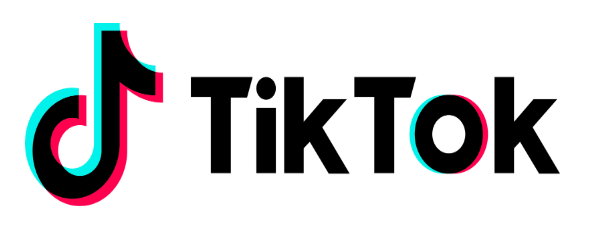Written By: Sakura Snyder, Staff Writer
INTRIGUING: The House of Representatives moves to ban TikTok leaving many Americans to wonder what the government’s motive is.
In March, the House of Representatives decided to pass a legislative bill that would force TikTok’s Beijing-based owner, ByteDance, to do the following—either move the app’s possession to a different company or boot it in its entirety from the US app store. Though previous attempts at banning TikTok have not been nearly as successful, this specific bill could very possibly go into action as a result of rising tensions and ever-growing fears of foreign influence in the nation.
Indeed, a large driving force behind the efforts to ban TikTok derives from fears that ByteDance is secretly being controlled by the Chinese Communist Party. Those in favor of the ban argue that while ByteDance is a private company, Beijing’s past hasn’t looked exactly promising for the likes of ByteDance. Some senators, such as Marco Rubio, have even outright argued that “every company in China is controlled by the Chinese Communist Party—even ByteDance.”
But is there much sensibility behind these statements? Proponents of TikTok argue otherwise. In a recent hearing, the CEO of TikTok Shou Chew was repeatedly questioned about his nationality by US Senator Tom Cotton. As the hearing went on and Cotton continued to press on about his connections to China, Chew emphasized the fact that he was Singaporean and his unfaltering loyalty to his country. This segment of the hearing has led to rising concerns about the government’s approach to the ban on TikTok and whether or not there were any underlying stereotypes in some of its lines of reasoning.
Of course, the bill isn’t saying that TkTok needs to be banned. If it was passed, ByteDance could still divest its ownership to a Western company. However, this situation is unlikely. ByteDance’s unique power over the global scale because of TikTok has led to an unbeatable advantage in its economics, which means that ByteDance will do anything possible in its ability to not give into this legislation.
Ultimately, however, the TikTok ban bill still has ways to be passed. Before it fully becomes an official law and assimilates into Americans’ daily lives, the bill must pass through the Senate, and the Senate is known for less urgent tactics regarding such policies. Meanwhile, though, it is critical that we ask ourselves: does the government really represent our interest, and what steps need to be taken if otherwise?

